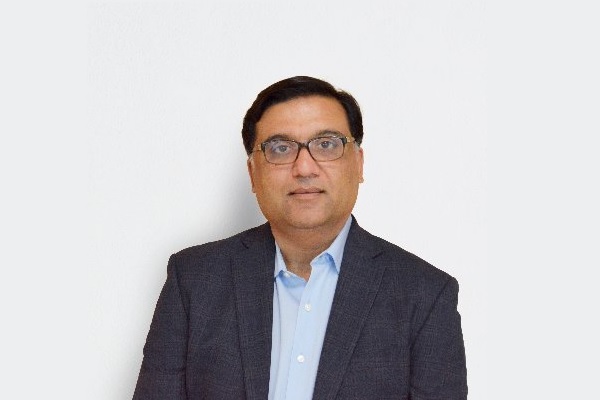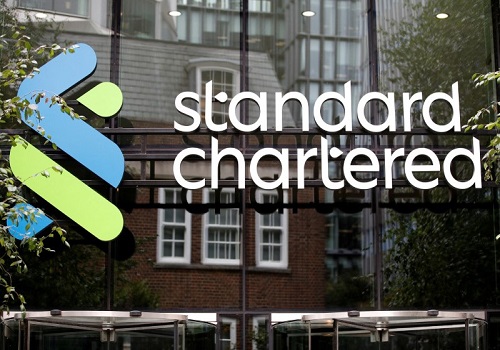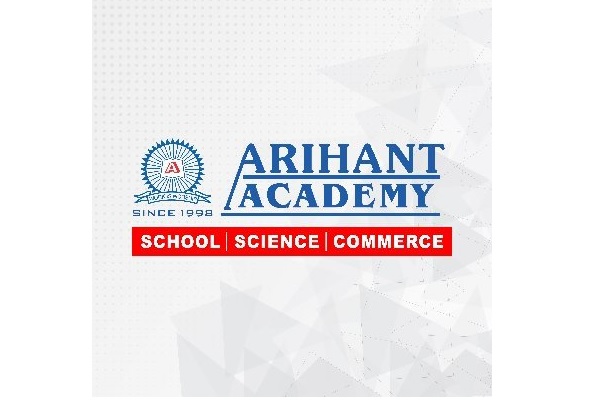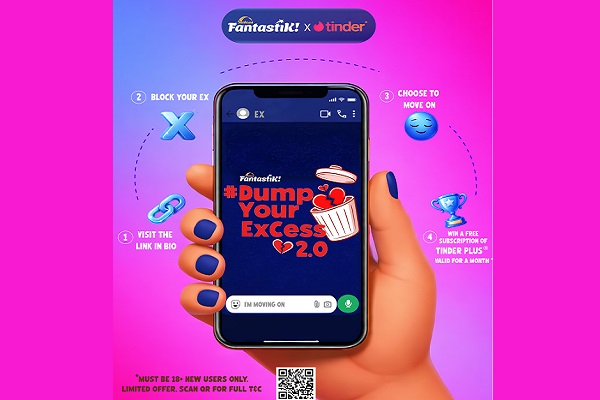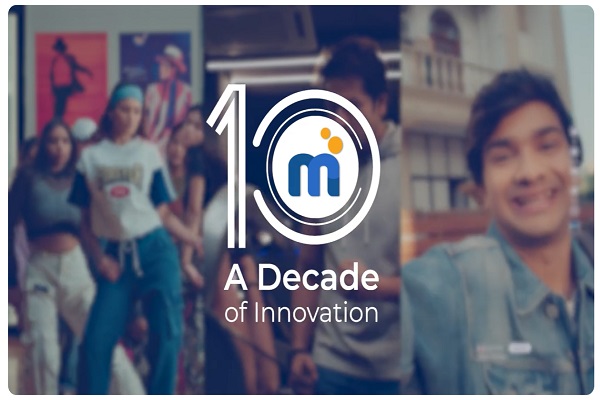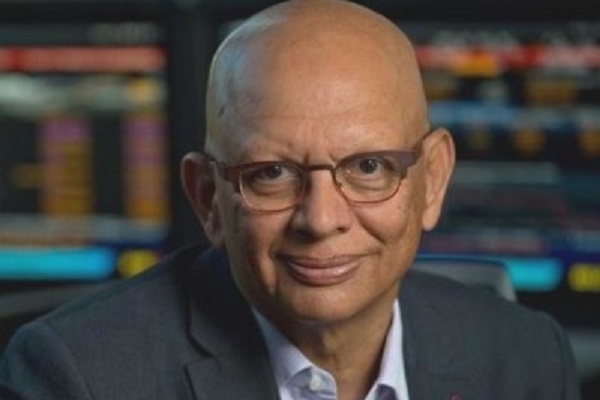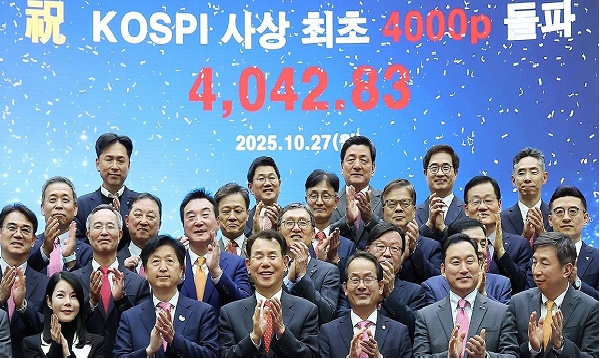The Hidden Wealth: How Personal Skills and Knowledge Build Long-Term Value

In a world where financial assets like stocks, real estate, and savings often dominate discussions on wealth, it's easy to overlook a critical, yet intangible, form of wealth: personal skills and knowledge. These non-financial assets have the potential to not only enhance one's personal growth but also build long-term value in ways that traditional wealth cannot. The idea of investing in oneself, particularly through education, skill development, and continual learning, is a concept that’s growing in importance. Personal skills and knowledge are assets that transcend monetary value, offering rewards that compound over time.
The Power of Education: Building a Foundation for Wealth
Education is often viewed as the gateway to financial success, but its value extends far beyond landing a high-paying job. The knowledge gained through formal and informal education can provide a foundation upon which other types of wealth can be built. Whether it’s academic knowledge, vocational training, or personal development, education gives individuals the tools to solve problems, innovate, and navigate challenges effectively.
When you invest in education, you're essentially investing in the future. A well-rounded education enhances critical thinking, improves decision-making, and fosters creativity—skills that are valuable in every industry. These qualities not only make individuals more adaptable to change but also increase their capacity to contribute meaningfully to society and their chosen fields. By learning how to learn, individuals can continuously upgrade their knowledge base, making them more resourceful and marketable in the ever-evolving job market.
Skills Acquisition: The Currency of the Future
In today’s fast-paced, technology-driven world, the ability to acquire new skills is one of the most valuable assets a person can possess. Whether through formal courses, self-directed learning, or hands-on experience, the process of acquiring new skills equips individuals with tools that have a tangible impact on their careers and lives.
Skills such as digital literacy, communication, leadership, problem-solving, and emotional intelligence are increasingly in demand. The ability to adapt to new technologies, work effectively in diverse teams, and manage change is essential in the modern workforce. These transferable skills allow individuals to pivot between roles, industries, and careers, providing them with the flexibility to capitalize on emerging opportunities. Moreover, the ability to upskill continuously positions individuals for long-term job security and career progression, far beyond the limitations of traditional financial wealth.
The increasing accessibility of online courses, certifications, and workshops makes it easier than ever to enhance one’s skills. Platforms like Coursera, LinkedIn Learning, and Udemy allow individuals to learn from top experts and institutions without the high costs of traditional education. As a result, personal skills and knowledge have become more democratized, enabling a global workforce to invest in their personal wealth-building journeys.
The Benefits of Continual Learning: Compounding Knowledge
Continual learning is a mindset that recognizes that growth doesn’t stop after formal education ends. The world is constantly changing, with new advancements in technology, business practices, and societal shifts. To stay competitive, it’s essential to adopt a lifelong learning approach.
The beauty of continual learning is that it compounds over time. The more knowledge you acquire, the more adept you become at solving problems and finding innovative solutions. It creates a cycle of improvement where each new skill or piece of knowledge builds on the last. Over time, this incremental growth adds immense value to a person’s career and personal life. As you deepen your expertise in a particular area, you become a subject matter expert, increasing your influence, leadership potential, and marketability.
Moreover, learning isn't confined to technical skills alone. Emotional intelligence (EQ), cultural competence, and soft skills are equally important in building lasting value. The ability to understand and manage emotions, communicate effectively, and build strong relationships with others are key assets that can elevate individuals within their personal and professional spheres. These skills can be developed through experience, mentorship, and self-reflection, and they often lead to better outcomes in teamwork, leadership, and conflict resolution.
The Intersection of Knowledge and Opportunity
While personal skills and knowledge are vital in building long-term value, it is the intersection of knowledge and opportunity that truly creates wealth. Individuals who continuously invest in learning and skill development are better positioned to seize opportunities when they arise.
For example, someone who has mastered coding or data analysis may be presented with opportunities to work on cutting-edge projects in the tech industry. Similarly, someone who has honed their leadership and management skills may be ready to take on a high-level position in their organization or start their own business. The more equipped you are with skills and knowledge, the more likely you are to identify and act on these opportunities, which can lead to significant personal and professional growth.
In addition, knowledge often leads to innovation. Many successful entrepreneurs, business leaders, and thinkers built their empires not by relying on existing wealth but by continuously learning, experimenting, and applying their knowledge in new ways. The intersection of skills and opportunity has the power to propel individuals forward in ways that financial resources alone cannot.
A Holistic Approach to Wealth-Building
Wealth-building is no longer confined to financial assets. As the world becomes more interconnected and dynamic, the ability to adapt, learn, and grow personally and professionally has become a form of wealth in itself. Investing in your skills and knowledge doesn’t just lead to financial rewards; it also enriches your life by providing you with confidence, purpose, and fulfillment.
Moreover, as more industries move toward knowledge-based economies, individuals with high levels of expertise and skills will be in greater demand, contributing to long-term career success and financial prosperity. By adopting a mindset of continuous learning, one can tap into a reservoir of wealth that transcends the limitations of traditional assets. The more you invest in your personal growth, the more you unlock opportunities for success, ultimately creating a life of value that goes beyond what money can measure.
In conclusion, personal skills and knowledge are among the most powerful forms of wealth. Education, skill acquisition, and continual learning not only empower individuals to thrive in their careers but also contribute to a fulfilling and meaningful life. By cultivating these intangible assets, you create a foundation for success that will continue to yield value throughout your lifetime.
